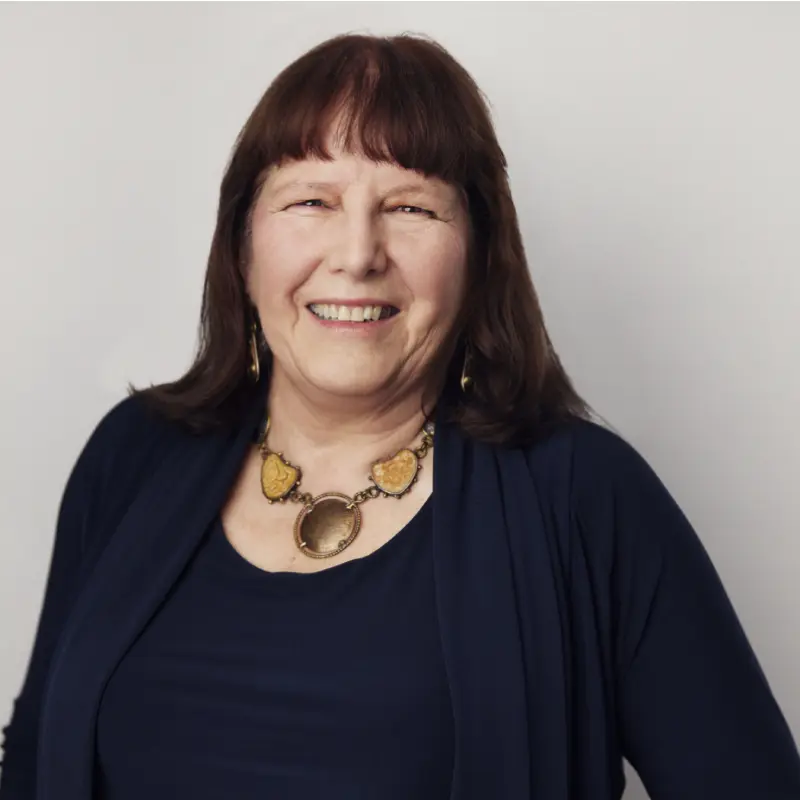When your career is in education, learning is a part of what you do, every day. But when you retire, it’s easy to fall into a pattern of doing things you’re familiar with. Research has shown, though, that to keep your mind agile, it’s important to keep learning new things and gaining new skills — in fact, exercising your brain can delay and sometimes reduce the effects of dementia.
I practise what I preach. I always loved music. As an adult, I decided to learn how to play the trombone, which was followed by joining a local band where I met and engaged with a whole new group of people with the same interest in music.
Science and math were always my interests; I dropped history as soon as I could and never took home economics. When I retired, I developed an interest in local history and historic cooking. And then I became involved with a local museum and a group of re-enactors. This is absolutely a new area for me. I’m learning new things and gaining new skills — and meeting another group of people and having a great time!
When I was first elected president of RTOERO, I wasn’t bilingual, so I couldn’t speak with our French-speaking members in the language of their choice. I enrolled in French classes. Talk about being out of my comfort zone! I have now delivered two speeches completely in French, something I never thought was possible.
So, take a leap: Enroll in a class, pick up a new hobby from the internet, learn a new skill. Not only will this keep your brain healthy and active, you may find new areas for socialization and feel really good about yourself and what you can accomplish.
Happy learning!
Martha
